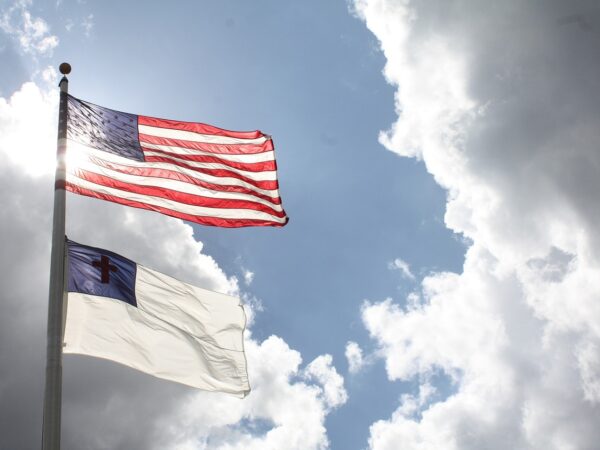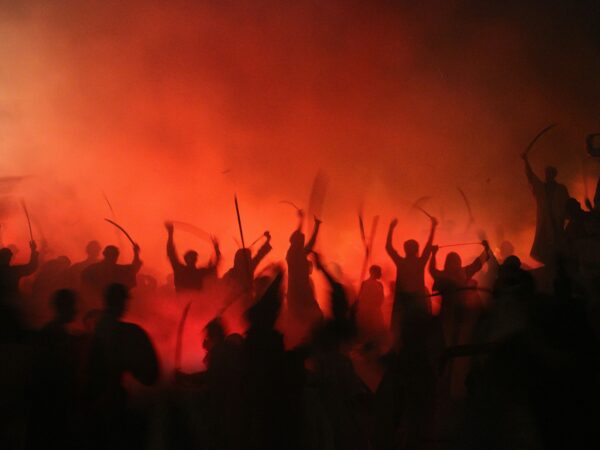
The messianic banquet imagined by the Jewish sages nurtures attitudes of respect, blessing, recognition, and wonder. These comportments converge in humility, an earthbound ethic that we practice together, through speech, action, and the work of dwelling.

The unity embodied in this psalm is idealistic, imaginative, and radical, embodying fluidity. It disrupts the exclusivist notion of nationalism common in its contemporary literature and embraces unity, which is symbolized as inherently good and pleasant.

The laws at Sinai are no ball-and-chain, implementing a new form of slavery. They express the practical dimensions of life in freedom, the boundaries within which the nation can experience a life-giving form of service to the One who graciously rescued them from servitude. In short, they are revolutionary.

In displaying its cosmic vision, Psalm 8 invites its readers to participate, in some limited way, in the divine perspective that exceeds our own, in which anthropocentric fantasies are judged and redefined.

Images of imprisonment appear throughout the Psalter, where the psalmist turns to God as refuge in order to exit the pit of despair. Similar to the life of Omar Ibn Said, and the opera which tells his story, images of shelter and succor help the psalmist escape the abyss of embattlement, imprisonment, or depression, and nurture the attitudes of care, trust, and hope that crest in Psalm 146 and the Hallelujah psalms.






